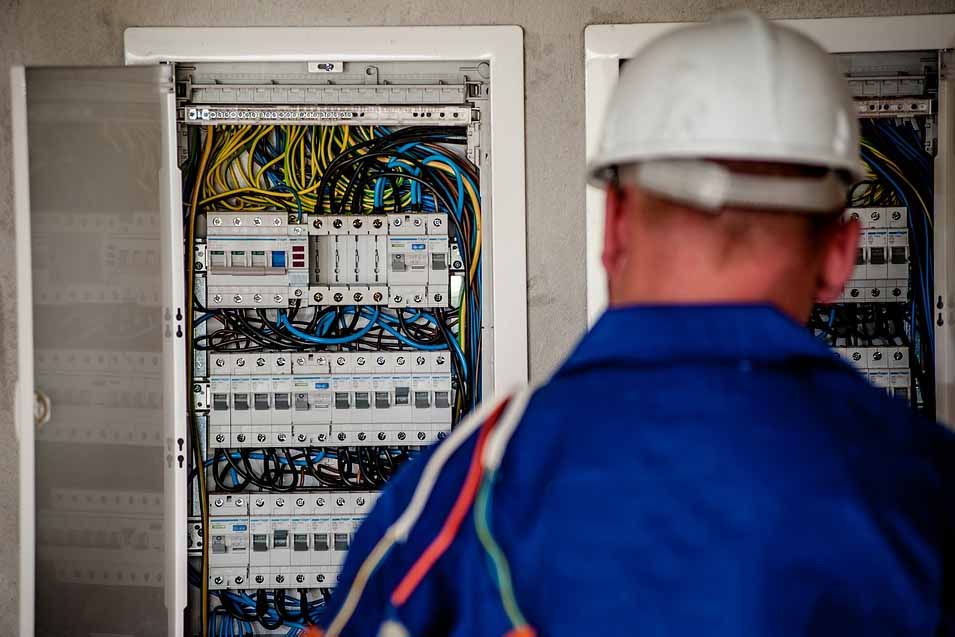
Every home will need the services of an electrician at some point. It’s always great to know you can call in the experts whenever you are faced with an electrical problem. But while leaving problems in the hands of a capable electrician is a good thing to do, there are some things your electrician wants you to know to help you stay safe and reduce the risk of loss.
1. Act on Early Warning Signs
You can probably afford to put off repairs to your cabinets, flooring and even your windows. But you cannot afford to take such risks on anything to do with electricity. The potential threat to health, safety and property is too grave to disregard. Learn more here about upgrades you can make to your home to make it safer for you and your family.
Whether it’s a breaker that doesn’t reset, a light switch heating up or a popping noise from an appliance, take it seriously. Fortunately, most electrical problems can be resolved quickly if they are dealt with in good time.
2. DIY Has Limits
DIY is liberating, addictive and an important avenue to better understand your house, sharpen your skills and strengthen independence. However, DIY should never be seen as a substitute for expert intervention. While there is no harm in knowing how to fix small electrical issues around the house, acknowledge that there are limitations and boundaries.
DIY is of course a catch-all term that includes persons of widely varying skill levels. If you are just starting out with electrical DIY, work on components and items that can be taken outside the walls of the home, such as lamps. You can take on more complex work as your skills improve if local building codes allow it. Whenever you have doubts over what to do, let your electrician handle it.
3. Don’t Rely on the Wires Colors
This may sound confusing given that it isn’t consistent with best practices. It is a critical point to note though. Your home’s electrical system is large and complex. It may have been set up and repaired by a dozen different people over the years. There is no guarantee that each of those people understood or followed the electrical code.
So when you open up an outlet, that mesh of wires, wire nuts and electrical tape may not be all it seems. It doesn’t mean that you cannot do any work on it whatsoever. Rather, you have to exercise caution and avoid making assumptions. Before working on a line, use a non-contact voltage tester to be sure.
4. Low Voltage Does Not Mean Low Danger
A low voltage system is by no means as dangerous as an electrical breaker box. Still, take basic safety precautions. Treat a low voltage system the same way you would a standard electrical system. There are several reasons for this.
First, you will cultivate good practices that protect you when you are working on a higher voltage system. Second, your electrician will tell you that it is not the voltage you should worry about, but rather the current. Low-voltage wires can still draw dangerous current.
Third, the mild shock from a low voltage system could come as a surprise and cause you to fall from step stool, ladder or other elevated position. Finally, a spark from a low voltage cable can ignite combustible gases or materials nearby.
5. Standby Mode Does Not Mean Zero Power Consumption
Your computer, television, hi-fi system and other gadgets in the home that have a standby mode. Standby mode can be misleading though as some may assume the devices are not using any power or significant power.
Electrical gadgets with a standby mode, especially those operated by remote control, need to constantly draw on the power supply in order to wake up fast. Also, laptop chargers, phone chargers and other charging devices will draw power even though they are not connected to their device.
Therefore, when you notice your energy bill soaring, these vampire devices could be to blame.
Knowledge, Not Fear
These tips are not meant to scare you out of doing electrical work in your home. On the contrary, applying them ensures that you can perform the work safely. If you are not sure of what to do, contact your local electrician.





